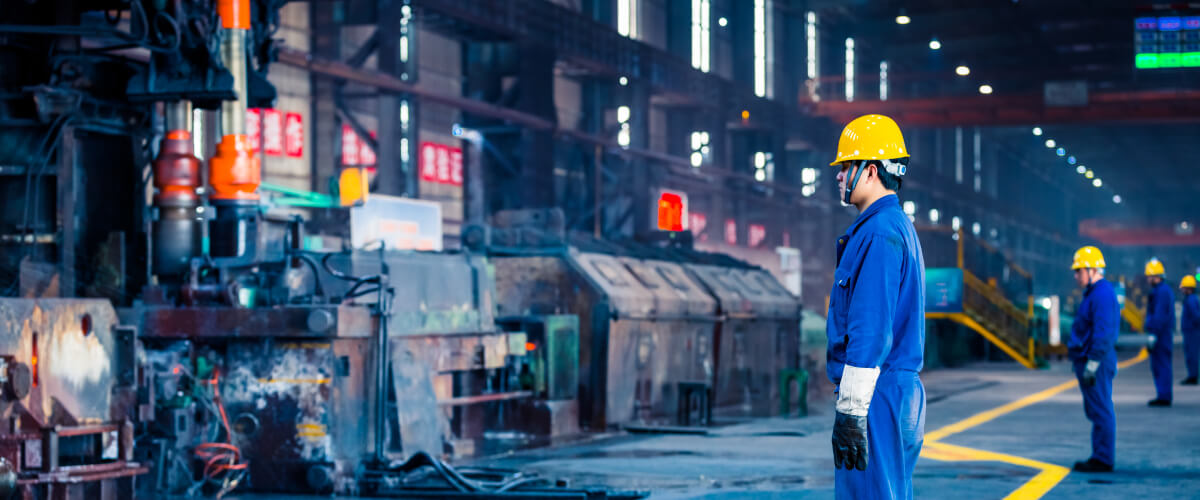
The manufacturing industry is at a pivotal point in its evolution. In recent years, we have seen a shift towards Industry 4.0, which is characterized by the integration of digital technologies such as IoT, AI, and automation. This shift has brought about many benefits, including increased efficiency, profitability, and resilience. However, the COVID-19 pandemic has highlighted the need for even more radical change in the industry. In this blog, we will discuss how modern manufacturing can be re-invented with a focus on efficiency, profitability, and resilience.
Efficiency:
Efficiency is one of the most important factors in the success of any manufacturing operation. It is critical to ensure that production processes are streamlined and optimized to minimize waste and reduce costs. One way to achieve this is through the use of IoT and automation technologies. By connecting machines and equipment to the internet, manufacturers can monitor and control production processes in real-time, identify bottlenecks, and make adjustments as needed. Additionally, the use of robotics and artificial intelligence can help to automate repetitive tasks, freeing up human workers for more complex and value-adding activities. For example, by using IoT sensors on machines, manufacturers can monitor the performance of the machines and predict maintenance needs, reducing downtime. By using AI-powered predictive maintenance, manufacturers can predict when equipment will fail and schedule maintenance before the failure happens, reducing downtime and increasing productivity.
Profitability:
In addition to efficiency, profitability is a key consideration for any manufacturing operation. To achieve profitability, manufacturers must be able to produce goods at a lower cost than they can be sold for. This can be achieved through the use of advanced analytics and machine learning technologies. By analyzing data from production processes and customer demand, manufacturers can identify patterns and trends that can be used to optimize production schedules, reduce costs, and improve yields. For example, by using predictive analytics, manufacturers can forecast demand and adjust production schedules accordingly, reducing overproduction and inventory costs. By using machine learning, manufacturers can optimize production processes, reduce waste, and improve yields, resulting in lower production costs.
Resilience:
The COVID-19 pandemic has highlighted the need for greater resilience in the manufacturing industry. The sudden disruption of global supply chains has exposed the vulnerability of many manufacturers who were reliant on a single source of supplies or customers. To build resilience, manufacturers must diversify their supply chains, adopt flexible production processes, and develop contingency plans to ensure continuity of operations in the face of unexpected disruptions. For example, by using digital twin technology, manufacturers can simulate production processes and identify potential disruptions, allowing them to develop contingency plans. By using the Internet of Things, manufacturers can monitor their supply chain and identify potential disruptions, allowing them to quickly react and minimize the impact of disruptions.
In conclusion, the manufacturing industry is at a critical point in its evolution. The integration of digital technologies such as IoT, AI, and automation is key to re-inventing modern manufacturing with efficiency, profitability, and resilience. S-Square’s Digital Transformation Solution for Manufacturing Industry is a powerful tool that can help manufacturers to achieve these goals. By leveraging advanced technologies such as IoT, AI, and Cloud, S-Square can help manufacturers to optimize their operations, improve supply chain management, and create a more sustainable future. Contact us today to learn more about how we can help your manufacturing company achieve efficiency, profitability, and resilience.